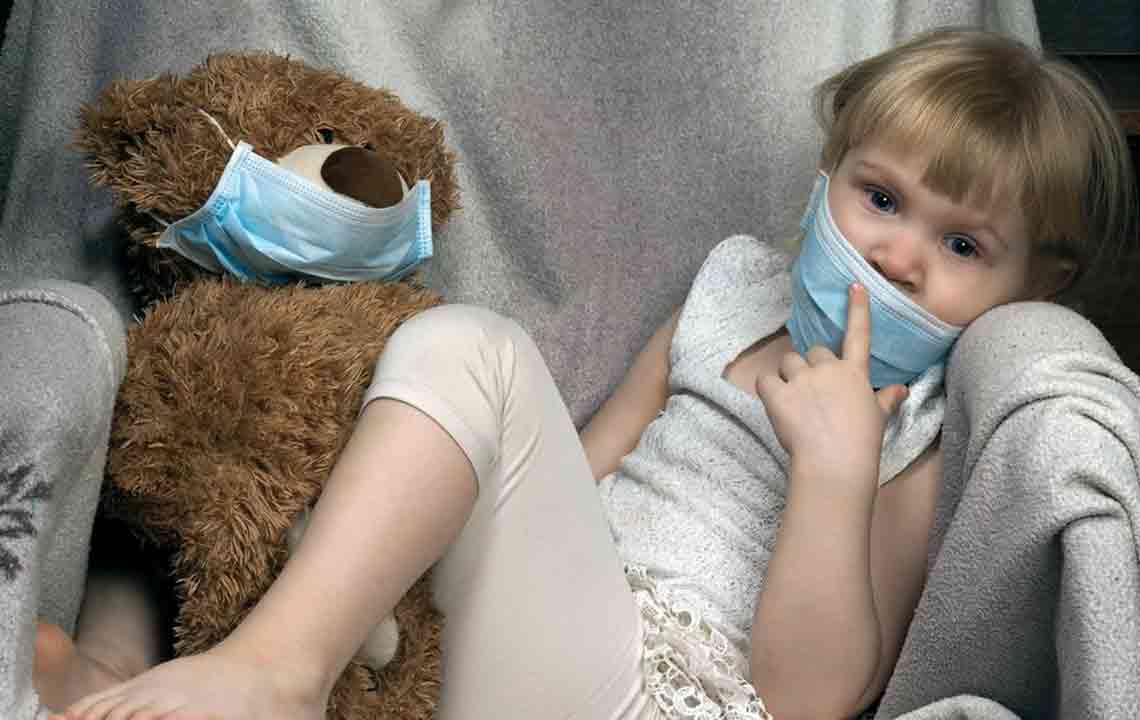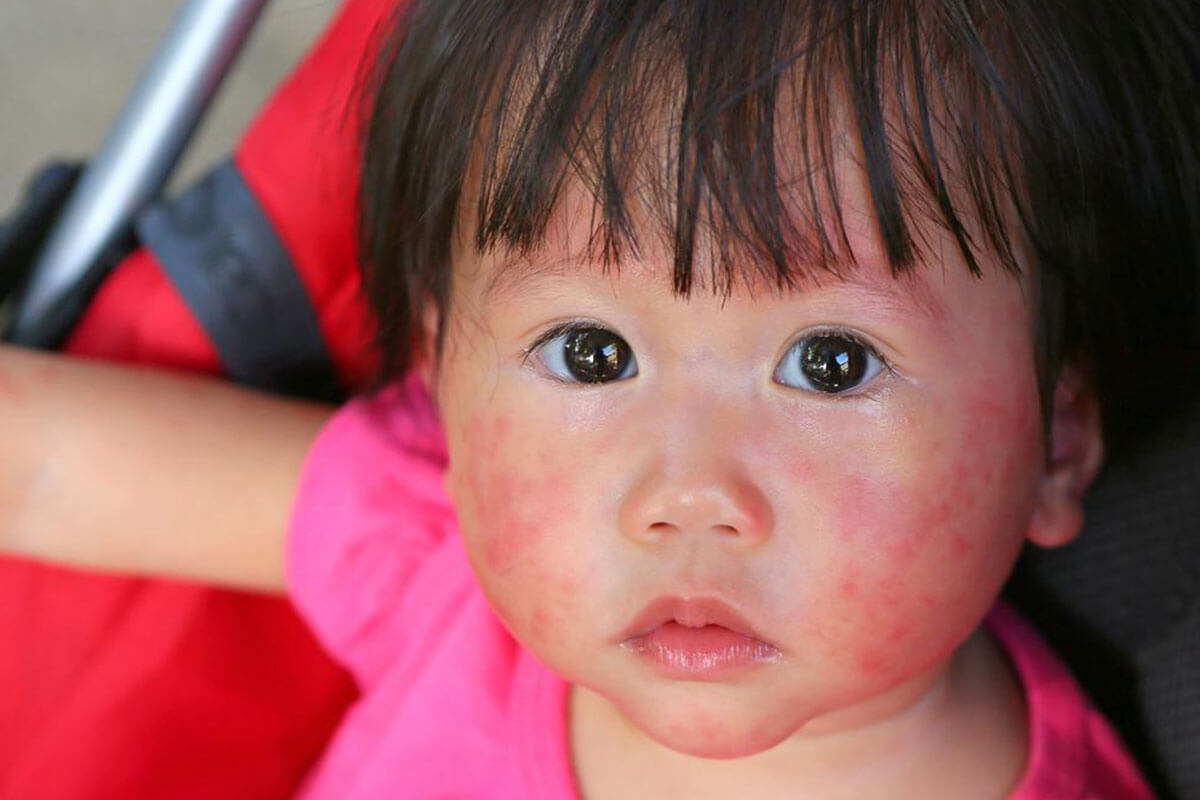Children’s Allergy Awareness: Essential Knowledge for Parents
This article provides vital insights into children's allergies, including common triggers, symptoms, and effective treatments. It emphasizes the importance of early diagnosis through allergy testing, understanding genetic factors, and communicating with schools to ensure safety. Parents can better manage and prevent allergies in children by recognizing warning signs and implementing proactive measures, safeguarding their child's health and development.
Sponsored

Understanding and Recognizing Allergies in Children
Detecting whether your child has allergies or just a common cold can be challenging. Parents often become overly cautious in managing their children's health because young children cannot clearly communicate their symptoms.
Whether your child is experiencing allergy symptoms or illness, knowing how to identify and treat them is crucial. Here, we share essential information on common allergy triggers, symptoms to watch for, and suitable medications for kids.
Common Allergy Triggers in Children
Children have a developing immune system that makes them prone to allergies and infections.
Parents should monitor their children's environment and eating habits carefully. Additionally, checking for family history of allergies can help prevent genetic predispositions. Various factors can trigger allergic reactions, some controllable, some partly genetic. The primary allergens include:
Environmental Factors
Insect bites, stings, pollens from trees and plants.
Home Triggers
Pet fur, pet dander, dust mites.
Other Sources
Cigarette smoke, incense, exhaust fumes, perfumes, deodorants.
Food Allergens
Wheat, peanuts, dairy, fish, and soy.
If you're concerned about allergies, here are common conditions affecting kids:
Hay Fever (Allergic Rhinitis)
The most prevalent allergy, causing a runny, itchy nose; red, watery eyes; sneezing; and nasal congestion. Though called hay fever, it doesn't cause fever or involve hay. Several safe allergy medications help manage symptoms.
Nasal Blockage
Also known as nasal congestion, it can cause sleep issues and mouth breathing. Early treatment is vital to prevent effects on facial and dental development.
Ear Infections
Allergies can lead to fluid buildup in ears, causing infections, itching, and potential hearing issues. Timely treatment is necessary to avoid speech delays and ear pain.
Food Allergies
Reactions like rashes or diarrhea in breastfed infants may signal food allergies. Testing can identify specific food triggers, allowing elimination from the diet. Common culprits include milk, eggs, wheat, fish, and peanuts.
Many children outgrow allergies to milk, eggs, wheat, and soy over time, but some, like peanuts, may persist lifelong. Using appropriate allergy medicines like antihistamines (Cetirizine, Benadryl, Allerga) and medications like Singulair can prevent severe reactions and manage symptoms.
Genetics play a significant role in allergy development. If parents or close relatives have allergies, children are at higher risk. Early allergy testing is recommended to prevent complications such as asthma and to support healthy growth. Informing your child's school about allergies ensures they can take preventive measures, especially concerning food allergens during school meals.






